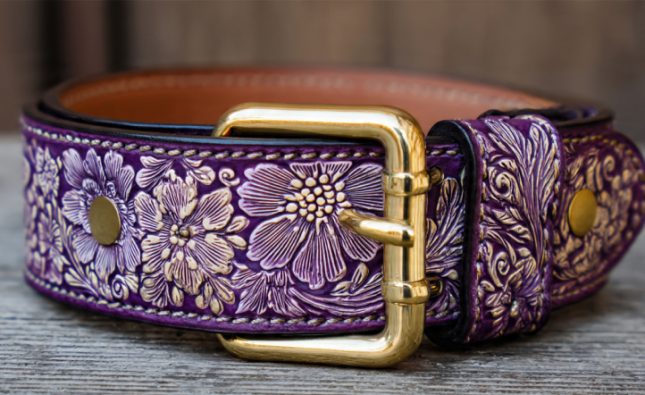
Caring for a dog with sensitive skin requires extra attention and specific practices to maintain their optimal health. Here are some best practices for caring for your dog’s sensitive skin:
- Use gentle, hypoallergenic products: Choose hypoallergenic shampoos, conditioners, and grooming products specifically formulated for dogs with sensitive skin. These products are free from harsh chemicals, fragrances, and dyes that can irritate their skin.
- Maintain a regular grooming routine: Regular grooming is essential for dogs with sensitive skin. Brush your dog’s coat regularly to remove loose hair and prevent matting. This helps to reduce the risk of irritation and allows air circulation to reach the skin.
- Opt for lukewarm baths: When bathing your dog, use lukewarm water instead of hot water. Hot water can strip away natural oils from their skin, leading to dryness and irritation. Ensure that you rinse thoroughly to remove all shampoo residue.
- Moisturize the skin: Dogs with sensitive skin may benefit from moisturizing products specifically designed for dogs. Look for moisturizers that are gentle and free from fragrances and additives. Apply the moisturizer as recommended by the product instructions or as advised by your veterinarian.
- Consider dietary adjustments: In some cases, dietary changes can help improve a dog’s sensitive skin. Consult with your veterinarian to determine if your dog’s diet needs adjustments, such as switching to a high-quality, hypoallergenic dog food or incorporating supplements rich in omega-3 fatty acids.
- Minimize exposure to allergens: Identify potential allergens that may trigger your dog’s sensitive skin reactions. This could include certain foods, environmental allergens like pollen or dust mites, or contact with specific materials. Minimize their exposure to these allergens as much as possible.
- Regular flea and tick prevention: Fleas and ticks can exacerbate skin issues in dogs with sensitive skin. Follow a regular flea and tick prevention regimen recommended by your veterinarian to protect your dog from these pests and reduce the risk of skin irritation.
- Avoid harsh chemicals and irritants: Be cautious about using household cleaning products, pesticides, or other chemicals that may come into contact with your dog’s skin. Harsh chemicals can aggravate sensitive skin. Opt for pet-friendly, non-toxic alternatives whenever possible.
- Maintain a clean living environment: Keep your dog’s living area clean and free from potential irritants. Regularly wash their bedding, vacuum the floors, and keep the area well-ventilated. This helps reduce the accumulation of allergens and promotes a healthier environment for your dog.
- Regular veterinary check-ups: Schedule routine check-ups with your veterinarian to monitor your dog’s skin health and address any concerns. They can provide guidance specific to your dog’s needs and recommend appropriate treatments or interventions if necessary.
Remember, each dog is unique, and what works for one may not work for another. If your dog’s sensitive skin issues persist or worsen despite your best efforts, consult with a veterinarian who can provide personalized advice and recommend appropriate treatments for your furry friend.










